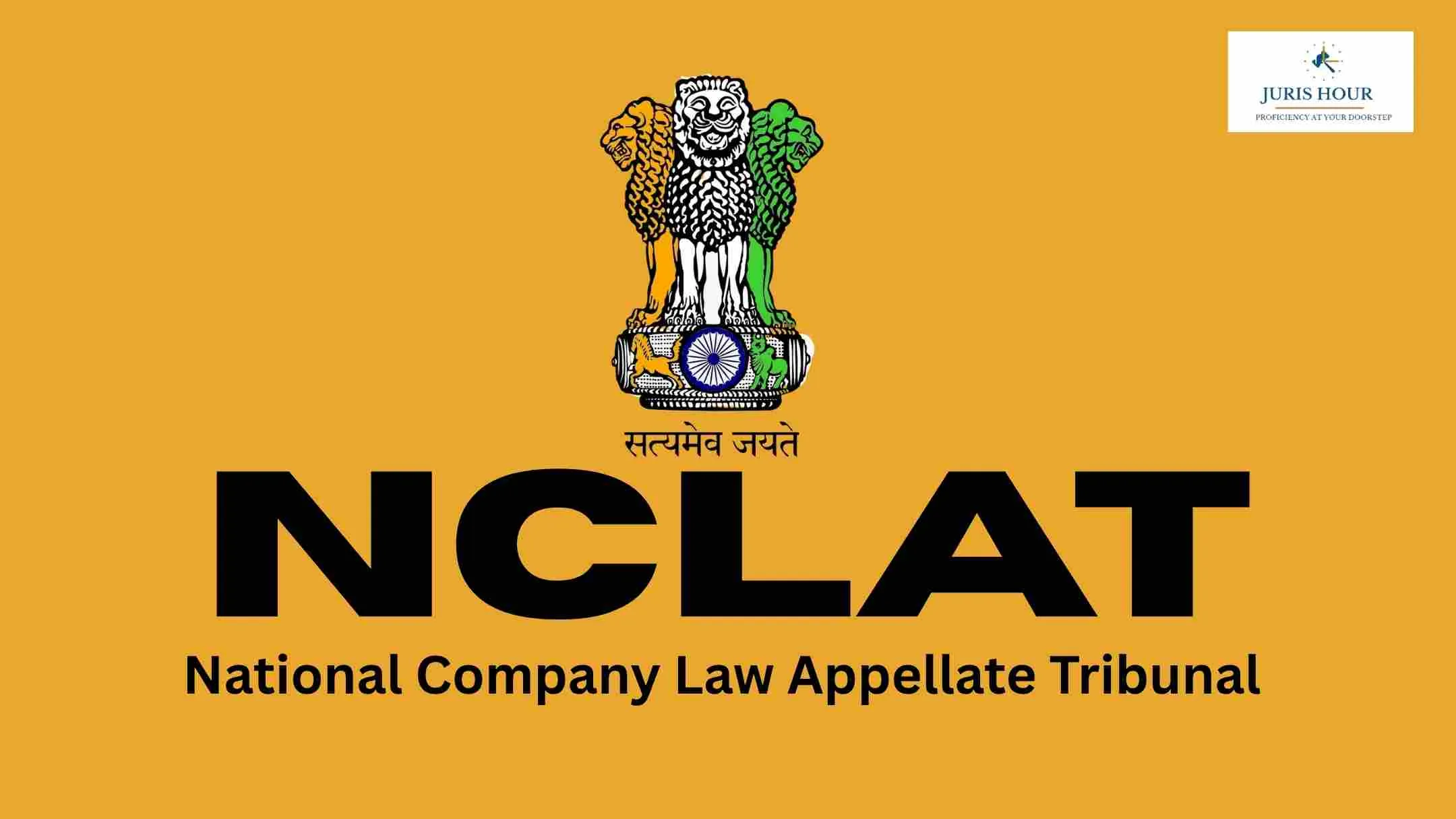The National Company Law Appellate Tribunal (NCLAT), New Delhi, has dismissed the appeal filed by the GST & Central Excise Angul Division, challenging the rejection of its claim for recognition as a “secured creditor” in the Corporate Insolvency Resolution Process (CIRP) of Bindals Sponge Industries Ltd.
The bench of Justice Ashok Bhushan (Chairperson) and Arun Baroka (Technical Member) has rejected the appellant’s reliance on Rainbow Papers, observing that the ruling was rooted in Section 48 of the Gujarat VAT Act, which lacks the saving clause present in Section 11E. As such, it creates an unconditional statutory charge, unlike the Central Excise Act’s conditional charge that defers to the IBC.
The case arose from an order passed by the National Company Law Tribunal (NCLT), New Delhi Bench, on January 21, 2025, in which the Tribunal rejected an application by the GST department seeking modification of the approved resolution plan in light of the Supreme Court’s landmark judgment in State Tax Officer v. Rainbow Papers Ltd. (2023).
The CIRP against Bindals Sponge Industries Ltd. was initiated on May 11, 2018, under Section 7 of the Insolvency and Bankruptcy Code (IBC), 2016, upon a petition by the Oriental Bank of Commerce. The GST department filed a claim of ₹24.26 crore as an operational creditor, which was admitted by the Resolution Professional (RP). However, the resolution plan, submitted by Kalinga Allied Industries India Pvt. Ltd. and approved by the Committee of Creditors (CoC) on November 12, 2019, allocated only 2.71% of the department’s claim.
Following the Supreme Court’s verdict in Rainbow Papers (September 2022), which recognized government tax dues as secured debts under the Gujarat VAT Act, the State GST Department (Odisha) saw its allocation enhanced to 29.61% in a revised resolution plan approved in April 2024. However, no such enhancement was granted to the Central GST department.
Feeling aggrieved, the GST department filed IA No. 2537 of 2024 seeking parity in treatment and to be recognized as a secured creditor under Section 11E of the Central Excise Act, citing the Rainbow Papers judgment as precedent.
Senior Standing Counsel Shri Prasenjeet Mohapatra, appearing for the GST department, argued that the dues constituted a secured debt and therefore deserved the same treatment as the State GST Department under Section 53 of the IBC. He emphasized that Rainbow Papers, which held that government dues under the Gujarat VAT Act were secured debts, should apply equally to Central Excise dues, especially since the Supreme Court had upheld its verdict even in review.
However, Senior Advocate Abhijeet Sinha, appearing for the Resolution Applicant, contended that Section 11E of the Central Excise Act differs materially from Section 48 of the Gujarat VAT Act. He emphasized that Section 11E includes a saving clause that expressly acknowledges the IBC, thereby preventing its use to establish a first charge on assets in insolvency cases.
Counsel for the Resolution Professional supported this view and further cited the Supreme Court’s ruling in Sundaresh Bhatt v. CBIC (2023), which held that where statutes conflict, the IBC would override tax statutes like the Customs Act — a provision considered legally equivalent (pari materia) to Section 11E.
Quoting the Supreme Court’s remarks in Essar Steel v. Satish Kumar Gupta (2020), the tribunal reiterated that equitable treatment only applies within classes of similarly situated creditors. Since the State GST Department had a valid statutory charge under Section 55 of the Odisha VAT Act (which is similar to Gujarat’s VAT Act), it could be classified as a secured creditor. Conversely, the Central GST claim, based on Section 11E, could not.
Further, the tribunal pointed out that the Central Excise Act’s Section 11E cannot create a security interest under the IBC due to its saving clause, thus disqualifying the appellant from claiming parity.
The Tribunal concluded that section 11E of the Central Excise Act is not pari materia with Section 48 of the Gujarat VAT Act. The judgment in Rainbow Papers cannot be extended to Central Excise dues under IBC. No violation of Section 30(2)(b) of the IBC occurred in the differential treatment of the GST and State Tax Departments.
Case Details
Case Title: GST & Central Excise Angul Division, Rourkela GST Commissionerate Versus Dinesh Sood
Case No.: Company Appeal (AT) (Insolvency) No. 495 of 2025
Date: 30th June, 2025
Counsel For Appellant: Prasenjeet Mohapatra, Sr. Standing Counsel, CGST
Counsel For Respondent: Abhijeet Sinha, Sr. Advocate
Read More: Best Penny Crypto to invest in 2025

